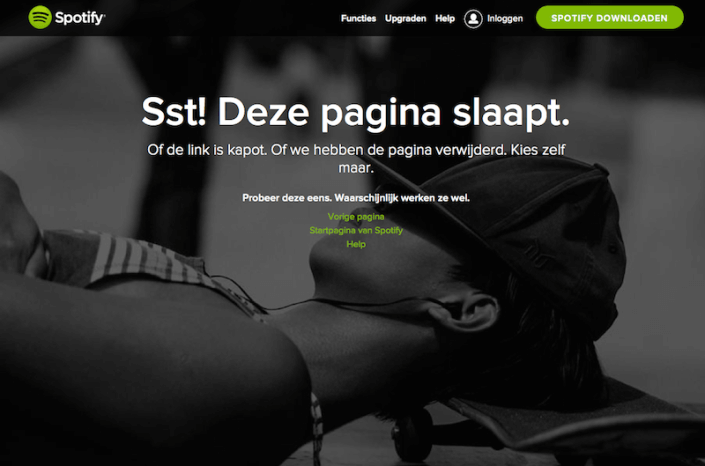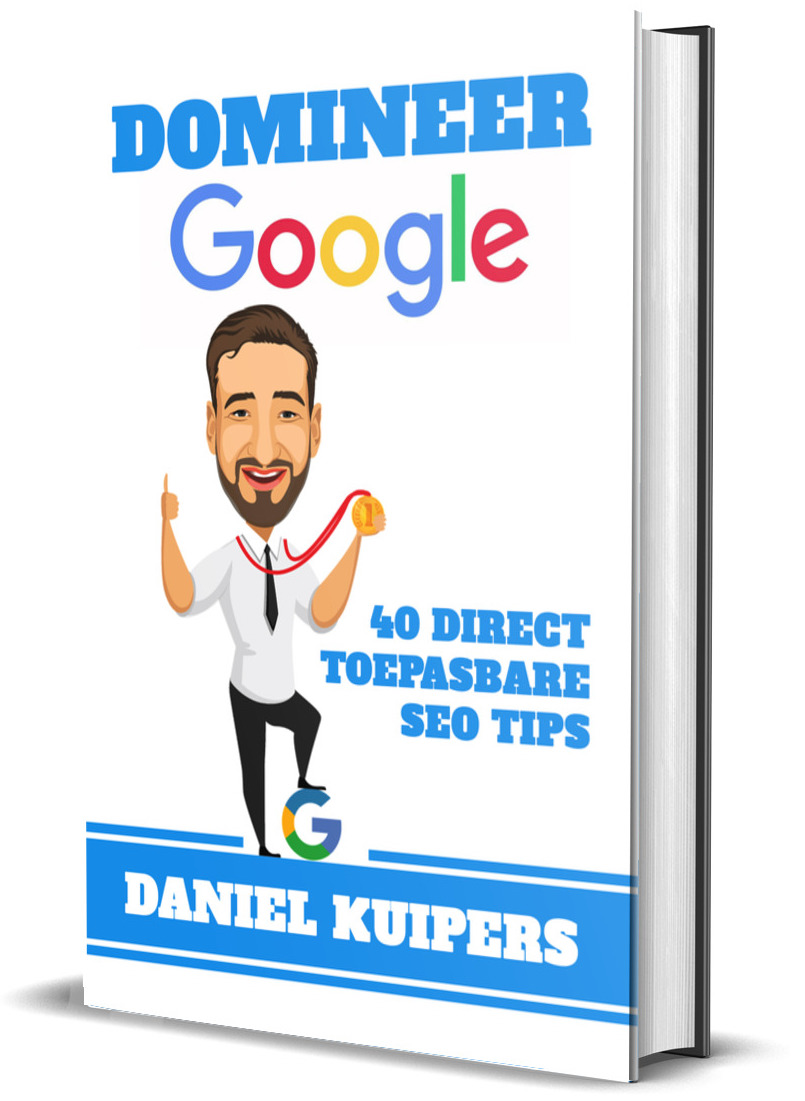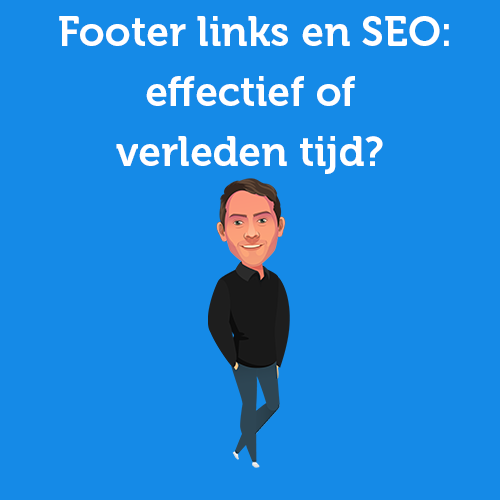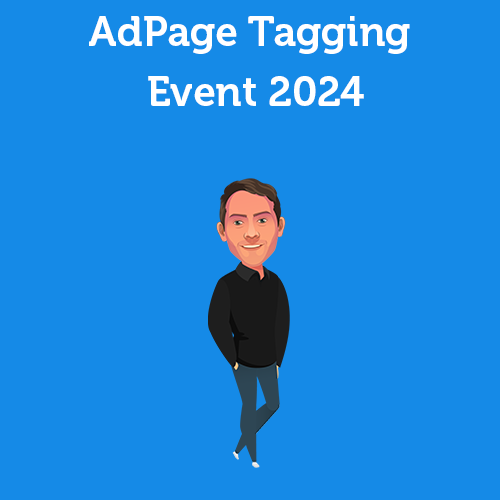Menu
Table of contents
Of course, that's nice and easy to say with specialist terms... So we'll explain it now too.
What is a 404?
A 404 is a dead end. There is then nothing on the URL and the page does not exist.
This could be because there was never anything on the URL or the content was removed.
If this is the case, your website's server sends a signal to the browser. It is then very clear to the browser and to Google that there is a 404. Clean and effective.

What is a soft 404?
A soft 404 is a term Google uses when Google thinks a page gives a 404, but does not get the signal through.
It then appears that the URL is OK (this is because the server is passing an http 200 OK), but Google still sees / thinks that the page is not OK.
This may be because certain content is not loading(text, images, scripts and other elements) or because a page is completely or almost completely empty.
The difference between a 404 and a soft 404
So the big difference is really in knowing it's a 404 and thinking it's a 404. With a 404, Google is notified that a page does not exist (anymore), and with a soft 404, Google guesses.
And if we know anything about Google, is that we shouldn't let the Googlebot think or guess. So I prefer a 404 to a soft 404, because then the search engine knows exactly where it stands.
Here's how to solve a 404 and a soft 404
Resolving the 404 is of course the best option, but you also need to make sure you have a dedicated 404 page that is displayed when there is a 404 error. So make sure it exists and is optimized.
Furthermore, you can resolve a 404 or a soft 404 in one of the following ways:
- Modify the link (you used a wrong link)
- Restore/restore the content to the page (you had accidentally deleted the content)
- Redirect the page/URL to the correct page (you forgot the redirect)
Pro tip: When you have resolved the 404 or soft 404, report it in Search Console!
Why is it important to have an optimized 404 page?
An optimized 404 page helps visitors by informing them that the page they are looking for does not exist and offers alternatives to continue navigating your site.
How does it affect my website's SEO if I have multiple 404 or soft 404 errors?
Many 404 or soft 404 errors lower the user experience and can negatively affect your SEO ranking.
How do I recognize a soft 404 in Google Search Console?
In Google Search Console, you will recognize a soft 404 under the 'Coverage' report where errors and warnings are listed.
Is having multiple soft 404s more damaging to my website than having regular 404s?
Soft 404s are potentially more harmful than regular 404s because they can cause confusion for Googlebot about the status of your pages.











Written by: Daniel Kuipers
Daniel is the founder of Online Marketing Agency. He constantly scours the Internet for the latest gadgets and tactics and blogs about them in understandable language. Well, sometimes.